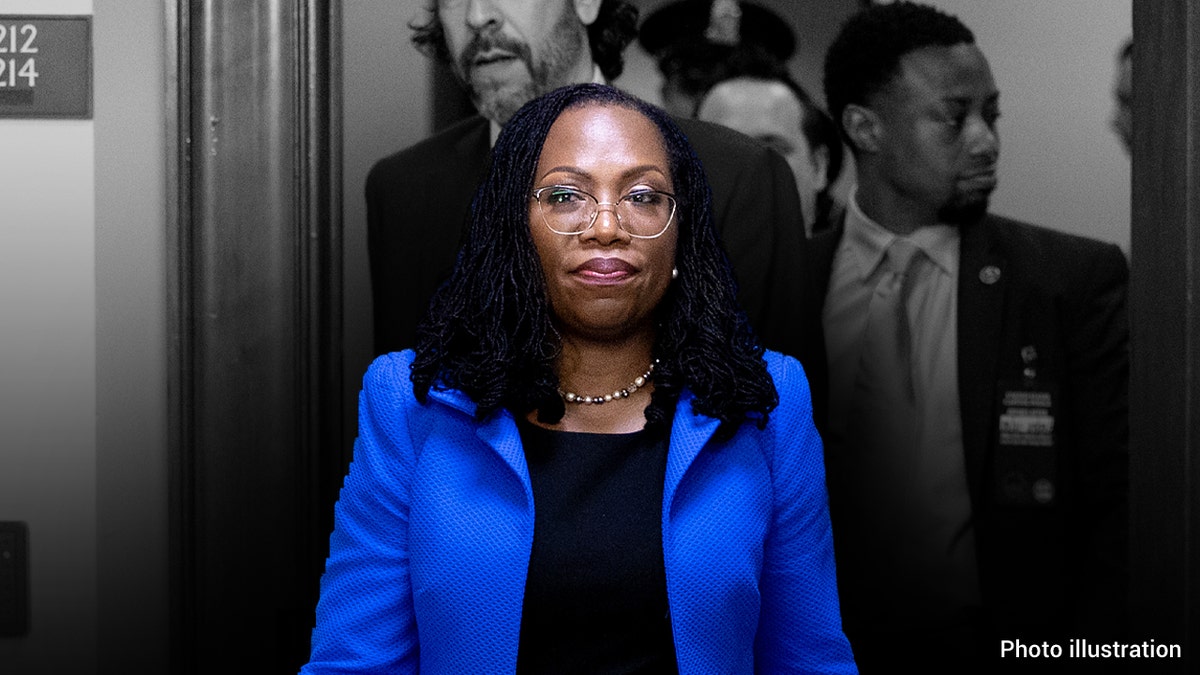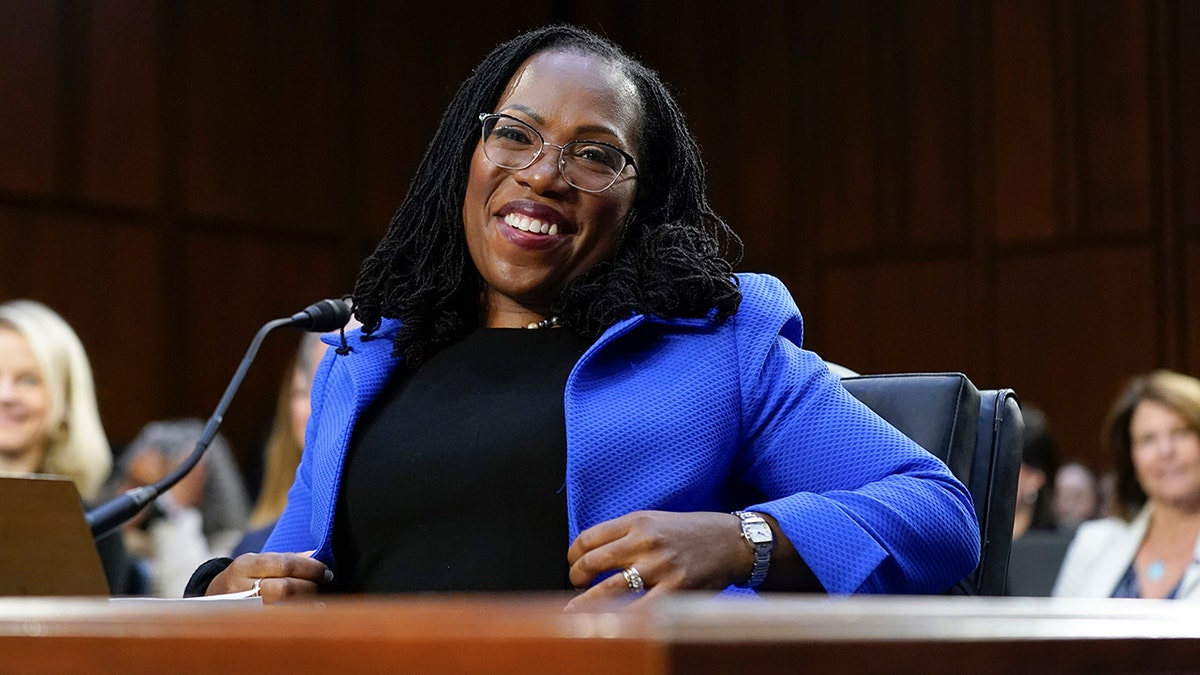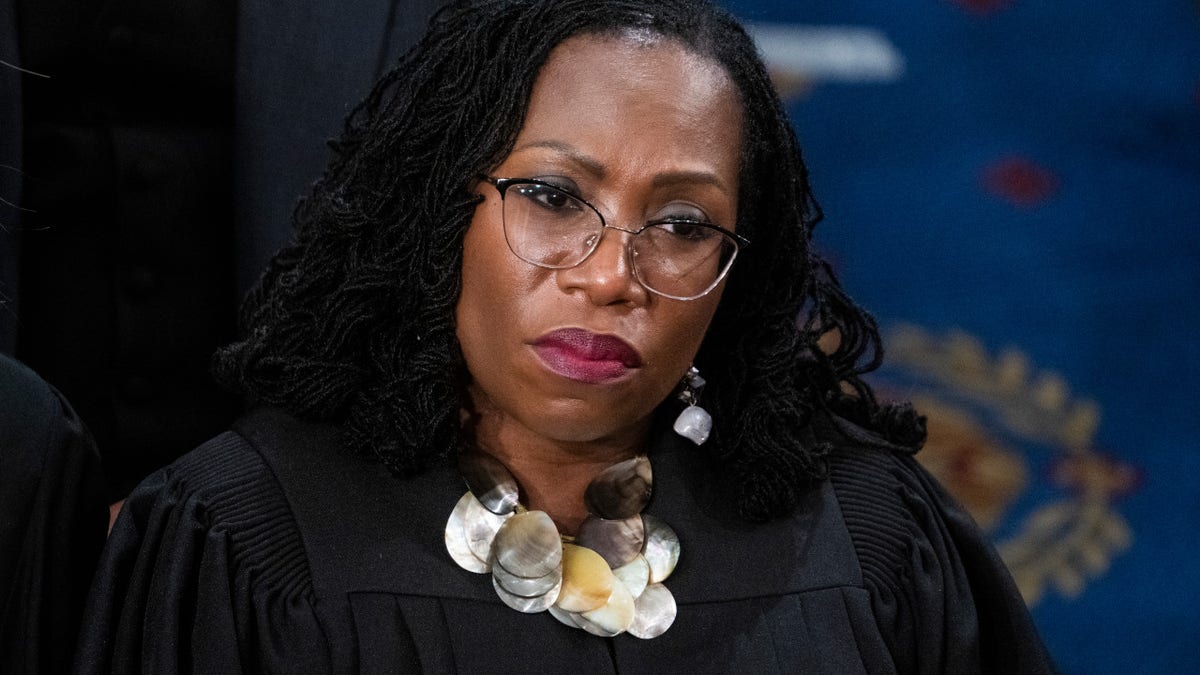Justice Ketanji Brown Jackson concluded her first term on the Supreme Court, marked by frequent dissents and a record-breaking number of oral argument participations. Her vocal presence, particularly in dissenting opinions, has drawn both praise and criticism, sparking debate about her long-term impact on the court.
Jackson arrived with high expectations from some progressive Democrats, hoping she would become a leading liberal voice. However, some legal experts question whether her public-facing dissents will effectively reshape the court's direction. Derek T. Mueller, a law professor at Notre Dame, observed that Jackson's dissents seem aimed at expressing disagreement with the majority and connecting with the public, rather than building a foundation for future legal arguments.

Data from Empirical SCOTUS confirms Jackson's active participation, exceeding any new justice in recent history in oral arguments. She also led the court in solo dissents. Carrie Severino, president of the Judicial Crisis Network, while acknowledging the public appeal of Jackson's rhetoric, questioned its long-term influence on the court. Severino suggested that Jackson's approach primarily resonates with those who already share her views, rather than persuading those in the middle ground.
Comparisons have been drawn to Justices Clarence Thomas and Antonin Scalia, whose early dissents, often in the minority, later became influential legal texts. However, Severino cautioned against premature comparisons, pointing to potential flaws in Jackson's dissents, such as the use of questionable statistics and historical interpretations. She contrasted Jackson's approach with Scalia's, who encouraged a fresh perspective on constitutional interpretation.

Conversely, Elizabeth Wydra, president of the Constitutional Accountability Center, lauded Jackson's first term as a potential turning point. Wydra believes Jackson's use of textualism, combined with her focus on equality and multiracial democracy, presents a significant challenge to the court's conservative majority.

Only time will tell how Justice Jackson’s contributions will ultimately shape the Supreme Court and its jurisprudence.
Comments(0)
Top Comments